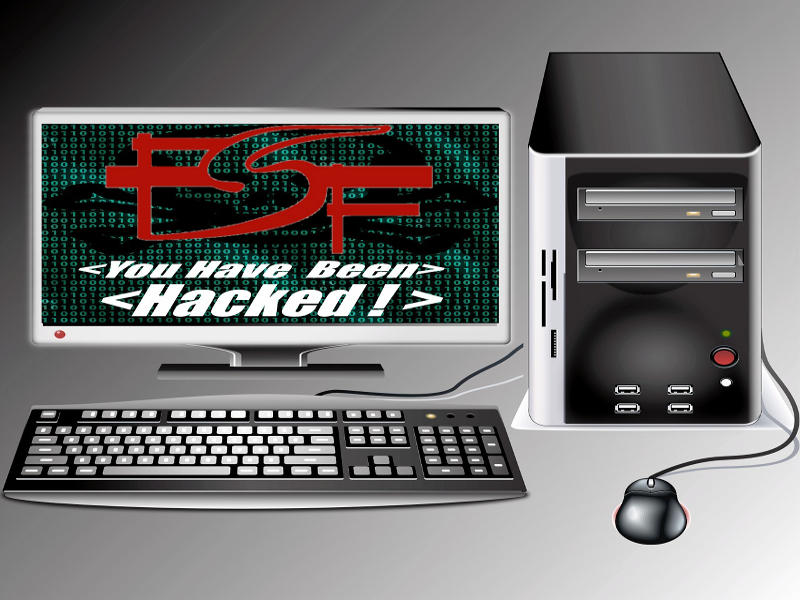FSF Releases freerus, The Free Software Virus

The Free Software Foundation just released a 0.0.0.1.0a2 version of freerus, The Free Software Virus.
“The licenses for most viruses are either unspecified, or are designed to take away your freedom to share and change it. This is a shame, since most viruses share themselves by design. You wouldn’t want to be an unwitting copyright violator just because a virus deleted your files and exposed your browsing history to your friends, now would you?” FSF spokesman Naught Arrmess said in a phone interview last Monday.
“By contrast, freerus is licensed under the GNU GPL version 3.0 or later. This guarantees that you have all the freedom to share and change the virus after it sends your mother links to an online work at home program.”
Arrmess pronounced “freerus” as “freer us” with a distinct accent. While he was enumerating freedoms starting from zero, we asked him about the name.
“We had a lot of ideas about the name. Initially we thought of using ‘phreakdom’, then ‘freekdom’, ‘frowned’, ‘FIV’, and a few others. Some of my colleagues thought that the puns were too obscure. We also tried free-virus, but decided that we didn’t want to run into trademark issues with AVG.”
freerus can be downloaded from the FSF website in source code form. Installation is quick and easy and only requires a working compiler environment, python, libcurl, libz, and GNU TLS. Upon compiling, the virus can then be run from the command line, or configured to start by creating a desktop file under ~/.config/autostart. However, nobody at the FSF could figure out how to get those things to work.
Unlike most viruses, freerus is designed to respect the user’s freedom. Users can select the effects of the virus by typing commands in a simple command-line interface. At time of writing, only the rm -rf command was working. The Facebook repost, email resend, and cnc client commands resulted in core dumps.
“It’s a work in progress”, said Arrmess. “Which version of gcc are you using?”
freerus is available for GNU+Linux and GNU+Hurd. Porting to other systems, or even to iThings, is not a priority, according to Arrmess. A web-based delivery system of freerus is reportedly underway, using unobfuscated Javascript code licensed under the Affero GPL.
We attempted to reach freerus’ biggest competitor, but Microsoft was unavailable for comment.
